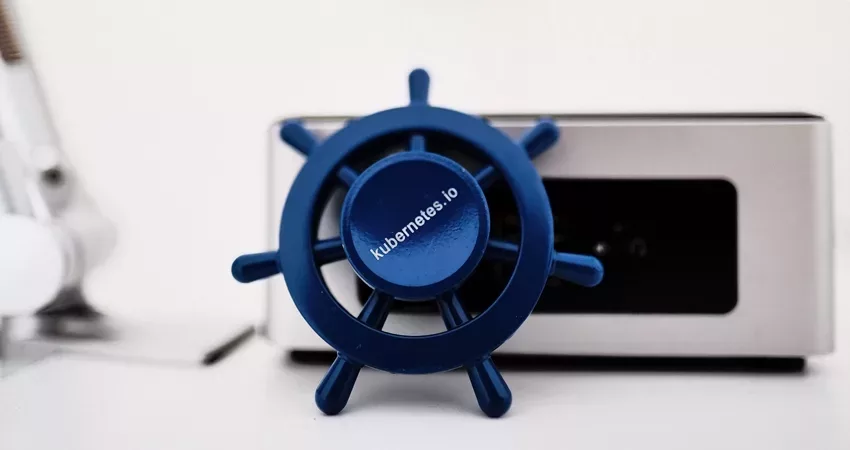Before diving into the pros and cons of Kubernetes, let’s discuss what it is, its origin, and why it is so wildly popular.
What is Kubernetes?
Kubernetes is an automation platform for application deployment, scaling, and management of individual containers within multiple clusters.
Kubernetes or K8s is a free and open-source (FOSS) container orchestration system by Google. It is now managed by the CNCF- Cloud Native Computing Foundation.
A container orchestration system is responsible for all the automation processes of applications based on microservices on individual containers.
Other Container orchestration systems include:
- Docker Swarm
- Red Hat OpenShift
- Amazon ECS
- Nomad
- OpenStack
- Rancher
Oddly enough, Kubernetes’ competitors are primarily forks or distributions of Kubernetes. Meanwhile, Kubernetes’ adoption and market shares are skyrocketing due to its latitude in both public and private cloud operations.
Why Kubernetes?
K8s is already a significant player in cloud computing. Be it small or a large enterprise, everyone is gradually flocking their businesses around Kubernetes.
Google announced the Kubernetes a FOSS in 2014 and has since been considered the standardized means of orchestrating virtual containers. Also, with increasing cloud tech popularity in every sector, the buzz around K8s has seen a definite spike, especially since 2019.
K8s helps businesses by maintaining the clusters of containers by providing proper automation tools. It provides tools to prepare and run applications based on host memory, central processor, and custom metrics.
It has all the capabilities to approach the critical concerns of any given microservice architecture successfully.
Also Read: Containerization vs. Virtualization: Differentiating the Two
Kubernetes comes up with the deployment pattern of applications and manages fail-overs and backups.
Its primary focus is to ease the deployment and manage the complex distributed system without canceling the benefits that containers enable.
While K8s do provide offerings like build, run, and scaling the containerized applications faster, it is not precisely a PaaS system.
It has self-healing abilities. It’s important to know that although by default, K8s do come with self-healing abilities, but only for pods. But, a Kubernetes solution provider may have further integration of self-healing layers to ensure application reliability.
K8s draw underlying computing resources and allow developers to deploy workloads to the entire cluster and not just a particular server.
An administrator can single-handedly manage and monitor several simultaneously running containers. Also K8s, in general, have minimal to no performance overhead.
Kubernetes enables workload portability without limiting the types of applications it supports. Any application that a container can run, Kubernetes can too.
It is an extensible platform. In January 2018, the Storage Orchestrator Runtime for Kubernetes was announced. STORK helps users to run and monitor applications without disturbing their state and more efficiently.
For a swift load-balancing, K8s provides individual IP addresses for every pod and a single DNS name for a set of pods.
Kubernetes is a portable and cost-effective platform. It demands lesser computing resources to operate. Furthermore, for your containers, you can set max and minimum for the CPU and memory resources accordingly.
Kubernetes sometimes can be a bit too much, especially considering the local developments and simple applications.
This could affect efficiency and negatively affect the preset timelines of the organization as a whole. K8s may come as complex and unnecessary for a local development environment that could potentially diminish productivity.
Making way across Kubernetes’, because of its constant innovation and too many additions, the landscape could be confusing for new users. The transition to Kubernetes can become slow, complicated, and challenging to manage.
Kubernetes has a steep learning curve. It is recommended to have an expert with a more in-depth knowledge of K8s on your team, and this could be expensive and hard to find.
Adapting to a new system with so many integrations and new technologies could be overwhelming for some deployment processes.
Kubernetes requires experience and extensive training for its debugging and troubleshooting in due time.
The benefits of K8s are in abundance, but reaching that level might consume a lot of time, effort, and resources. Teams need to re-plan out their time to invest and familiarize themselves with new processes and workflow.
You May Also Like to Read: Kubernetes and Docker: Either or Both?

